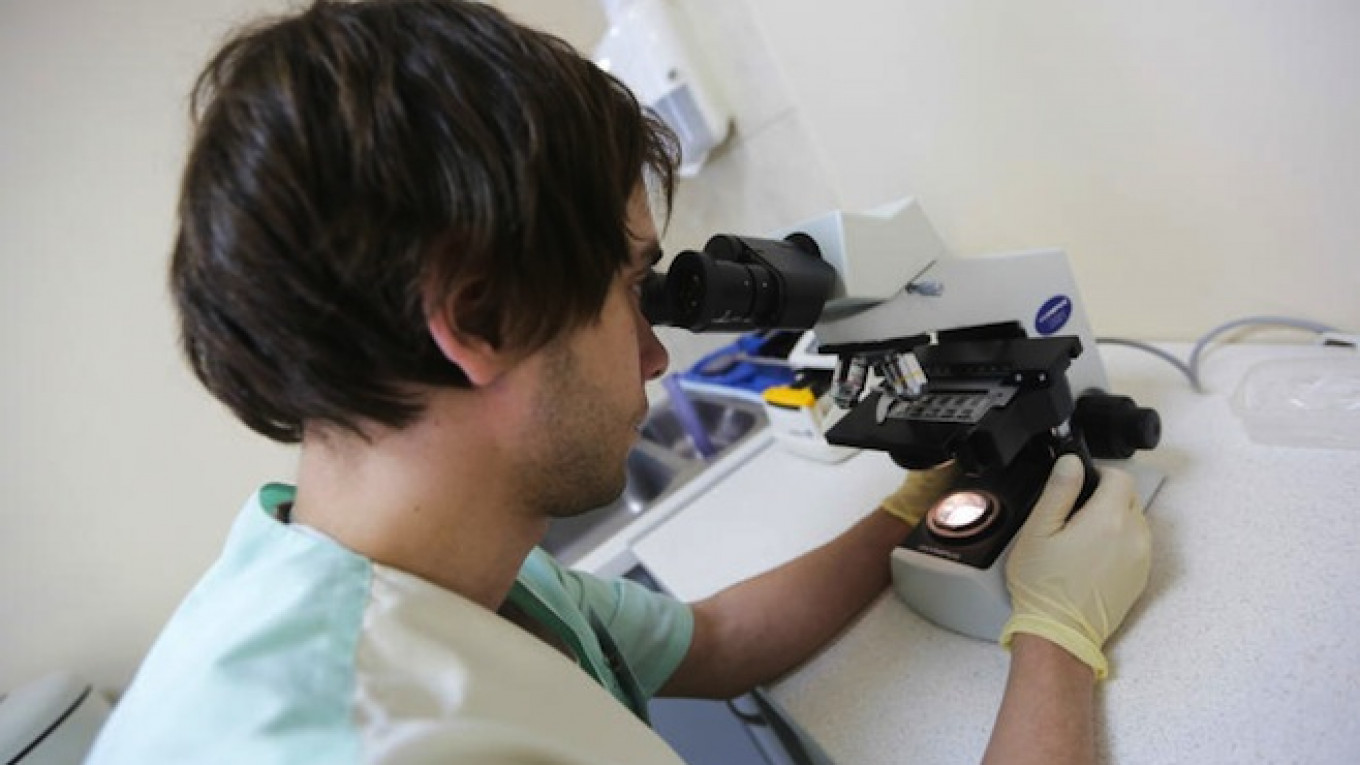Russians who survived the Nazi blockade of Leningrad may have benefitted from a genetic mutation that slowed their metabolism as they fought off starvation, a recent study revealed.
The Siege of Leningrad lasted from Sept. 8, 1941 to Jan. 27, 1944. During this time, more than 630,000 people died of starvation after Nazi forces cut off food supplies to the city.
Survivors of the 872-day siege were more likely to contain gene variations associated with economical energy metabolism in calorie-starved humans than control subjects, according to research published this month by Science magazine.
In an interview with Russian magazine Ogonoyk, geneticist Oleg Glotov — the author of the study — said scientists had reviewed 200 blood samples taken from blockade survivors, probing the DNA for the presence of genetic markers involved in energy exchange, consumption and temperature regulation.
“We have established that there is a link between the presence of certain genetic markers, and the fact that people were able to survive” Glotov was quoted as saying Monday by Ogonyok.
While noting that other factors were also responsible for influencing survival rates, Glotov told Ogonyok that the scientists were keen to extend their experiment to further test their hypothesis.
A Message from The Moscow Times:
Dear readers,
We are facing unprecedented challenges. Russia's Prosecutor General's Office has designated The Moscow Times as an "undesirable" organization, criminalizing our work and putting our staff at risk of prosecution. This follows our earlier unjust labeling as a "foreign agent."
These actions are direct attempts to silence independent journalism in Russia. The authorities claim our work "discredits the decisions of the Russian leadership." We see things differently: we strive to provide accurate, unbiased reporting on Russia.
We, the journalists of The Moscow Times, refuse to be silenced. But to continue our work, we need your help.
Your support, no matter how small, makes a world of difference. If you can, please support us monthly starting from just $2. It's quick to set up, and every contribution makes a significant impact.
By supporting The Moscow Times, you're defending open, independent journalism in the face of repression. Thank you for standing with us.
Remind me later.






